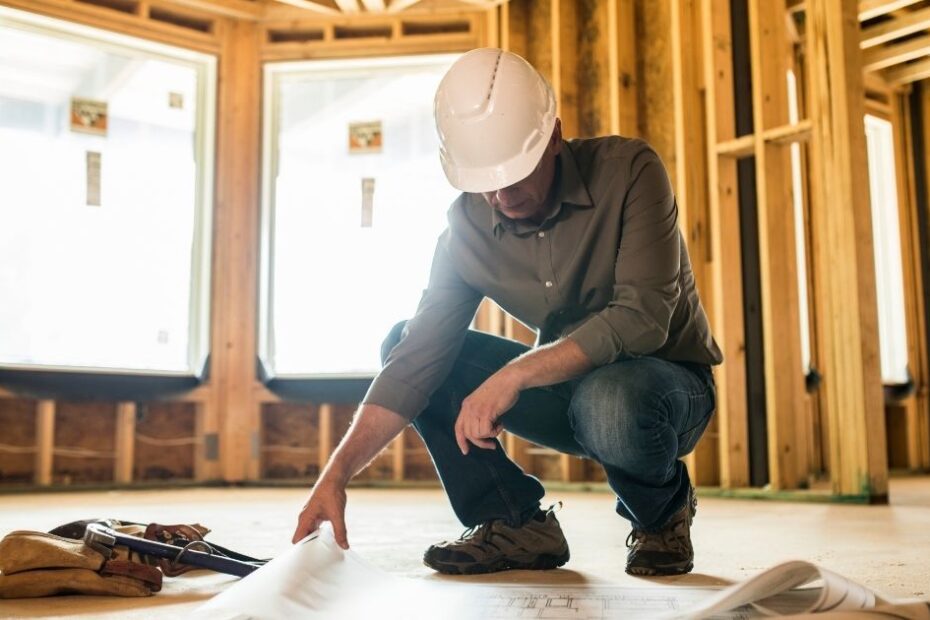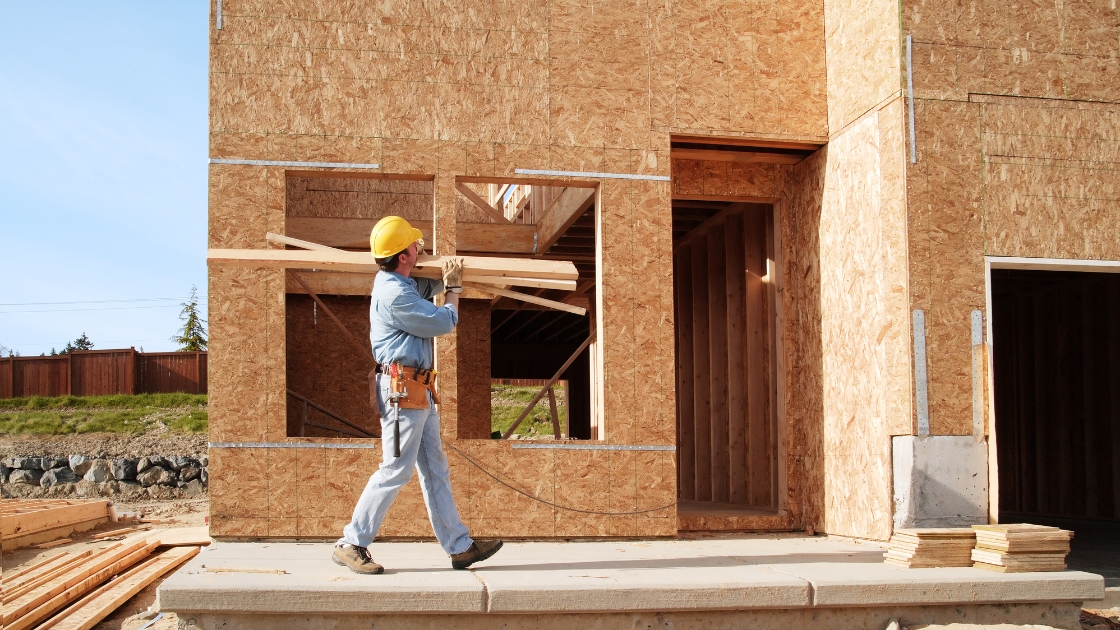Hiring the right contractor can make or break your construction project. Whether you’re renovating a property, building a new home, or overseeing a fix-and-flip, finding a reliable contractor is crucial to your success as a real estate investor. Unfortunately, contractor scams are more common than you might think, and falling victim to one can cost you time, money, and your project’s overall success.
In this blog, we’ll explore five red flags that signal you might be getting scammed by your contractor. Plus, we’ll provide actionable tips to avoid getting caught in these traps.
5 Red Flags You’re About to Get Scammed by Your Contractor
1. Suspiciously Rounded Bids
One of the first signs of a potential contractor scam is receiving a vague, rounded bid. If your contractor provides you with estimates like $15,000, $20,000, or $25,000 without any breakdown of the costs involved, this is a major red flag. These figures suggest the contractor hasn’t taken the time to accurately calculate the price based on materials, labor, and the scope of the project.
Legitimate contractors take the time to assess your project in detail and provide specific, itemized estimates that outline every cost. This demonstrates professionalism and allows you to know exactly what you’re paying for. On the other hand, if your contractor hands you a round-number estimate with no explanation, they may just be pulling numbers out of thin air.
What to Do: Always ask for an itemized bid that breaks down the cost of materials, labor, permits, and any additional expenses. This transparency ensures you’re not overpaying for vague or inflated costs.
2. Demanding Large Advance Payments
Another tell-tale sign that you’re dealing with a dishonest contractor is when they request a large advance payment before any work has begun. While it’s common for contractors to ask for a small deposit to cover upfront materials, demanding a significant sum upfront—especially more than 50% of the total project cost—is a red flag.
Unscrupulous contractors often ask for a large payment and then either disappear or start the job, only to abandon it midway, leaving you scrambling for a replacement.
What to Do: To protect yourself, only agree to pay a small deposit and make sure the majority of the payment is made as work progresses. A good practice is to pay in installments tied to specific milestones being completed. This ensures that the contractor stays accountable and keeps the project on track.
3. Lack of Licenses and Insurance
A reputable contractor should have the necessary licenses and insurance to legally perform work on your project. If a contractor can’t provide proof of licensing or insurance, this is a major red flag. Not only is working without these certifications illegal in many states, but it also puts you at significant risk.
Without insurance, you could be held liable for any injuries that occur on the job site. Without proper licensing, there’s no guarantee the contractor has the skills or training to handle your project, increasing the likelihood of shoddy workmanship.
What to Do: Before hiring any contractor, ask to see their licenses and insurance certificates. Verify that their insurance covers both workers’ compensation and general liability. Also, check with your local authorities to ensure their license is up to date and valid for the type of work they’ll be performing.
4. The “I Can Do It All” Contractor
Beware of contractors who claim they can handle every aspect of your project, from electrical work to plumbing, roofing, and more. While it might sound convenient, this can often be a sign of overpromising and under delivering. Most licensed contractors specialize in specific areas and rely on subcontractors for tasks outside of their expertise.
If a contractor insists they can do everything, there’s a good chance they may not be licensed or qualified for specialized tasks. This can result in poor workmanship, delays, and even safety hazards on your project.
What to Do: Always ask your contractor which parts of the job they will handle themselves and which tasks will be delegated to subcontractors. Ensure that any subcontractors are licensed and experienced in their respective trades. Don’t be afraid to verify credentials and licenses to ensure you’re working with qualified professionals.
5. Refusal to Sign a Detailed Contract
Contracts protect both you and the contractor by outlining the scope of work, timeline, payment schedule, and expectations for the project. If a contractor refuses to provide a detailed contract or tries to work based on a handshake deal, this is a serious red flag.
Contracts help ensure accountability, prevent misunderstandings, and provide legal recourse if the project goes off track. Without a signed agreement, you may have little protection if the contractor fails to complete the job or cuts corners.
What to Do: Insist on a written contract that clearly details the scope of work, timeline, and payment schedule. Make sure the contract includes all important aspects, such as warranties, change orders, and how disputes will be handled. Never start a project without a signed contract in place.
How to Avoid Contractor Scams
Now that you know the red flags, here are some additional tips to help you avoid falling victim to a contractor scam:
- Do Your Research: Look up reviews, check references, and ask for recommendations from other real estate investors or professionals in your network. A solid reputation is often a good indicator of a trustworthy contractor.
- Get Multiple Bids: Don’t settle for the first bid you receive. Request estimates from multiple contractors and compare the details, pricing, and professionalism of each.
- Verify Credentials: Check licenses, insurance, and certifications before hiring any contractor. Don’t be afraid to contact your local licensing board for verification.
- Start with a Small Project: If you’re working with a contractor for the first time, consider hiring them for a smaller project before committing to larger, more expensive jobs.
- Document Everything: Keep detailed records of all communications, contracts, and payments. If something goes wrong, this documentation can protect you legally.
Secure Your Investment with GL&L Holdings
As a real estate investor, protecting your investment is crucial to achieving long-term success. Whether you’re managing a fix-and-flip, a new construction, or a major renovation, working with the right contractor is key to completing your project on time and within budget. But that’s just one part of the equation.
At GL&L Holdings, we understand the challenges investors face when navigating the construction process. That’s why we offer flexible, competitive financing solutions tailored to your specific needs. Our new construction and fix-and-flip loans provide the capital you need to take control of your project and keep things moving smoothly.
Ready to take the next step? Contact us today to learn more about how we can help you achieve your real estate investment goals with financing that works for you.
Schedule a consultation now and get started on your next project with the security and support of GL&L Holdings behind you.


